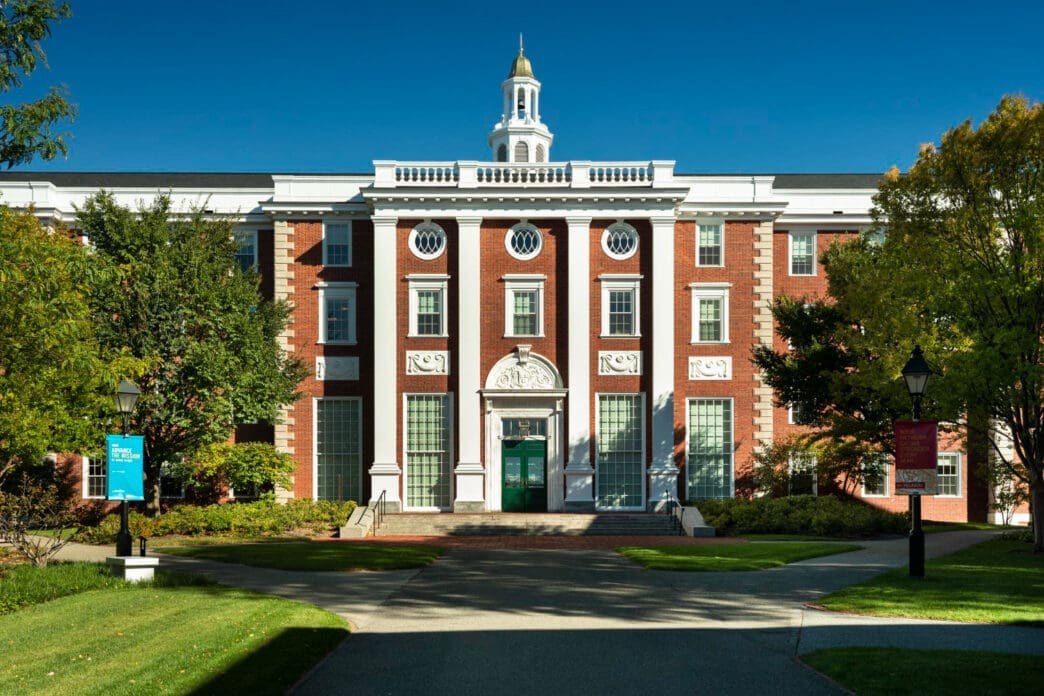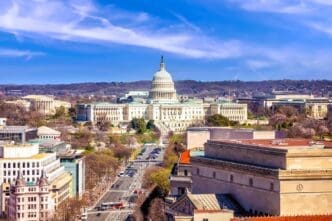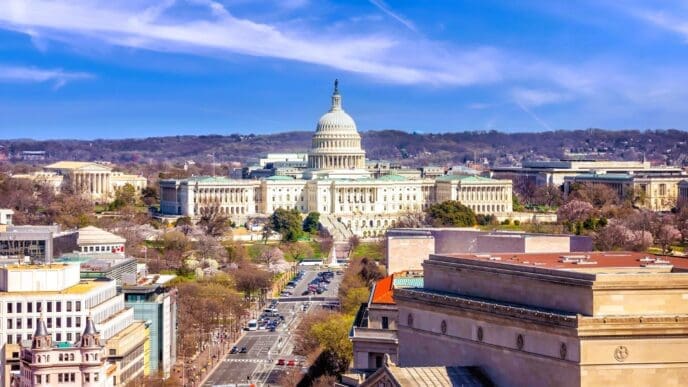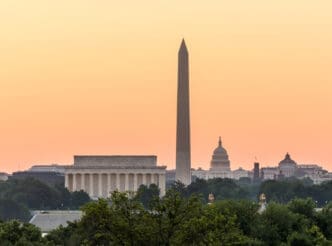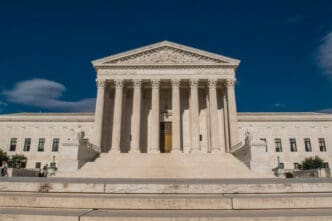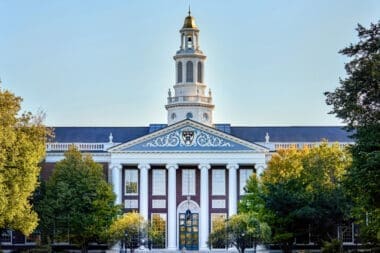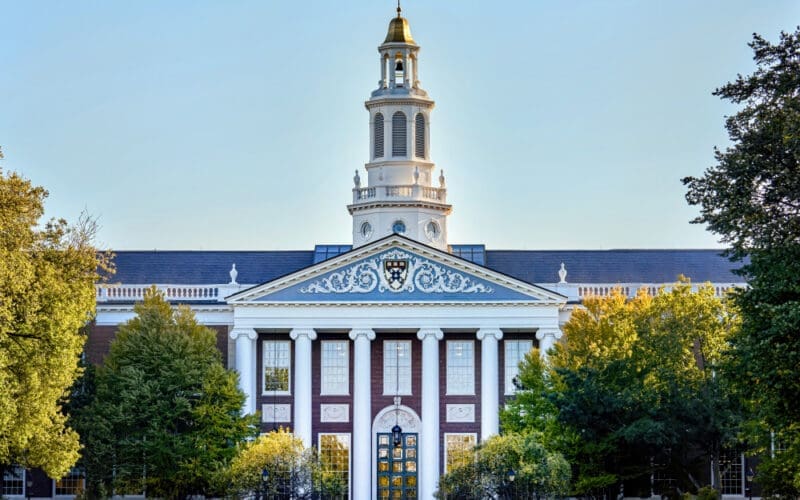Executive Summary
The Story So Far
Why This Matters
Who Thinks What?
A federal judge has restored over $2 billion in federal research funding to Harvard University, delivering a significant legal victory to the institution, but the Trump administration has vowed to “immediately appeal” the decision. The ruling by US District Judge Allison Burroughs on Wednesday found little connection between the funding cuts and antisemitism, which the administration had cited as its rationale, instead suggesting the actions were an “ideologically-motivated assault” on elite universities. This immediate appeal signals the White House’s intent to continue its aggressive approach toward higher education, leaving Harvard and other institutions facing ongoing uncertainty regarding federal funding, academic freedom, and campus oversight.
Judge Rejects Administration’s Rationale
Judge Burroughs, in her decision, explicitly rejected the Trump administration’s argument that the funding freeze was an effort to combat antisemitism on campus. She stated that a review of the administrative record made it “difficult to conclude anything other than that Defendants used antisemitism as a smokescreen” for a targeted attack on premier universities.
Tyler Coward, lead counsel for government affairs at the Foundation for Individual Rights and Expression, commented on the ruling. He stated that the decision essentially affirmed that the Trump administration had “trampled Harvard University’s First Amendment rights and broke civil rights law,” characterizing the administration’s efforts to target the funding as “flatly unlawful and unconstitutional.”
White House Vows Immediate Appeal
Despite the judicial setback, the Trump administration quickly reaffirmed its commitment to appealing the decision. White House assistant press secretary Liz Huston stated, “Harvard does not have a constitutional right to taxpayer dollars and remains ineligible for grants in the future.” She added that the administration would “immediately move to appeal this egregious decision” and was confident in ultimately prevailing to “hold Harvard accountable.”
President Trump had preemptively attacked Judge Burroughs, an appointee of President Barack Obama, in a social media post in July, vowing to appeal any unfavorable ruling. This swift response underscores the administration’s determination to maintain financial pressure on the university.
Implications for Other Institutions
The ruling and subsequent appeal raise questions about the future for other financially strained schools that have adopted less confrontational legal approaches. The Trump administration is currently seeking a $1 billion settlement from the University of California, Los Angeles, to restore $584 million in frozen federal funds. Negotiations are also ongoing with Cornell University and Northwestern University, suggesting a broader strategy by the White House to exert influence over higher education funding.
Harvard’s Cautious Response
In response to the ruling, Harvard President Alan Garber offered a tempered statement, acknowledging the affirmation of “important principles.” Garber noted that the university would “continue to assess the implications of the opinion, monitor further legal developments, and be mindful of the changing landscape” as it seeks to fulfill its mission.
Dr. Walter Willett, a leading nutrition researcher at Harvard’s T.H. Chan School of Public Health, whose two decades-long studies faced significant cuts, welcomed the ruling with caution. He predicted the case would “surely go to the Supreme Court,” indicating that efforts to protect public investment in research would not relax until funds were secured.
Broader Administrative Strategy
The administration’s plan to appeal is the latest indication that it remains undeterred by legal challenges to its policies across various fronts, including tariffs, deportations, and the deployment of federal troops. This reflects President Trump’s approach to executive authority in his second term.
The legal battle also brings to light ongoing high-level discussions between Harvard and the White House regarding a potential high-dollar settlement. This deal aims to restore all federal funding and resolve all pending lawsuits, including a separate case concerning Harvard’s ability to enroll international students. A source familiar with the White House strategy suggested that a settlement remains “within Harvard’s best interest” despite the recent court victory.
President Trump publicly demanded “nothing less than $500 million” from Harvard last week, instructing his Education Secretary Linda McMahon not to negotiate. The administration has also explored “new and creative ways to pressure Harvard,” including targeting the school’s patents. Commerce Secretary Howard Lutnick, speaking at a Cabinet meeting, highlighted these efforts as an example of inter-agency cooperation to pressure the university.
Despite Harvard’s initial court victory, the Trump administration’s immediate appeal ensures that the legal battle over federal funding and institutional autonomy will continue. The ongoing dispute underscores the significant financial and political pressures facing elite universities and highlights the White House’s sustained efforts to redefine its relationship with higher education.


